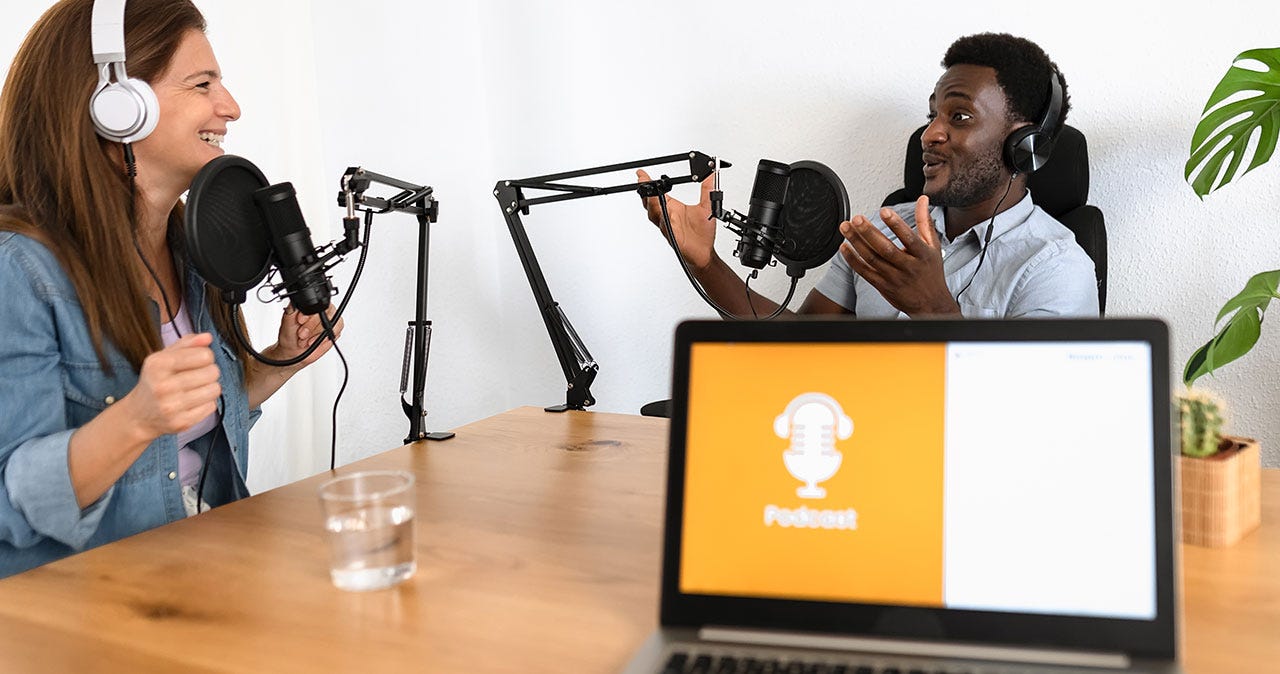Ever since I started bingeing on science-y podcasts during my morning walks, I realised I've been uttering "pernicious" as much as Angela Duckworth, and talking as fast as Tim Harford because I listen to him at 1.75x speed.
Turns out, it's not just me. One study1 found that when we interact with one another, we tend to align our behaviours, especially the way we talk. Scientists call it "socially mediated syntactic alignment", which basically means that when we talk to someone, our sentence structure and grammar tend to subtly shift towards theirs.
This speech mimicry extends beyond vocabulary, even to accent. Which is why we automatically pick up the local lingo when holidaying abroad. It’s also the exact reason why… eeeerm all pilots… eeeerm… talk the same way, folks.
In a way, this social behaviour is quite natural. For one, aligning our speech to the person we're talking to, allows for smoother communication. And two, we instinctively adjust our speech to fit in with certain groups. I must confess I embarrassingly pepper my speech with Gen Alpha lingo when talking to my kids' friends. No caps, bruh!
More surprisingly, it seems that listening to podcasts also shape our societal values (and not just accents)!
The influence of podcasts may be similar to the impact of letters exchanged between intellectuals during the Renaissance era. During that time, a network of letters helped spread new ways of thinking and culture, ultimately leading to the formation of the public sphere. Today, podcasts play a similar role.
Podcasting is an increasingly popular form of medium in the field of academia, science, economics, and politics, as these groups try to assert their influence to the masses.
Influential figures like Jordan Peterson, Joe Rogan, and Alex Cooper are racking up millions of followers, and setting the zeitgeist in their favour.
Unsurprisingly, podcast mimicry comes with downsides. For example, imitating speech patterns from podcasts can steal our own authenticity and lead to a loss of personal voice. We may also slip into intellectual laziness, where we rely on the host's content and context.
In the sum of things, podcasts offer a wealth of knowledge and I still advocate listening to podcasts at higher speeds as it's low cost and high information. But be always sceptical of what you hear. If in doubt, do the science-y thing and check for evidence.
Weatherholtz K, Campbell-Kibler K, Jaeger TF. Socially-mediated syntactic alignment. Language Variation and Change. 2014;26(3):387-420. doi:10.1017/S0954394514000155







